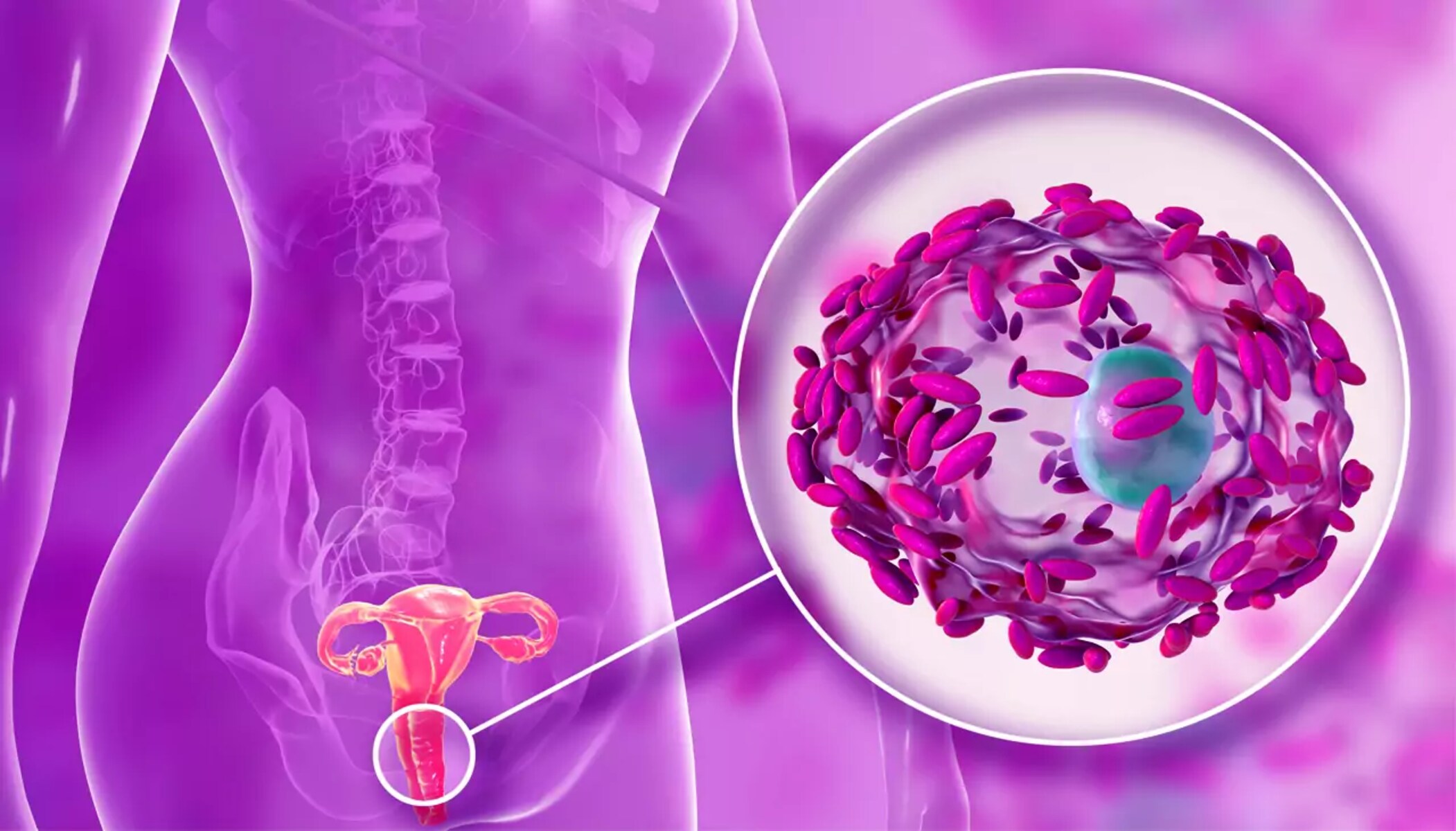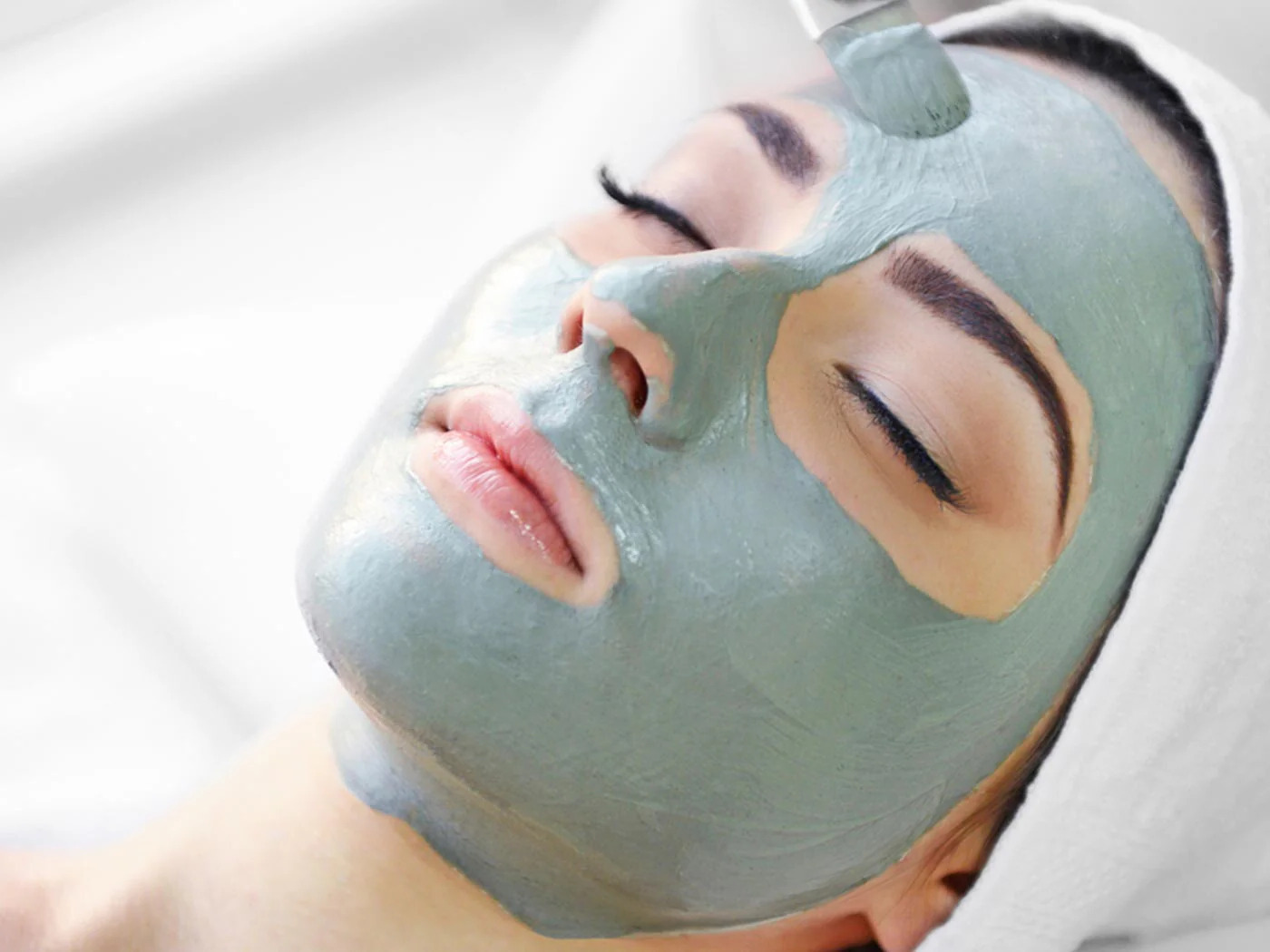
The vaginal microbiota is a fascinating and enigmatic ecosystem that plays a crucial role in the overall health of women. Despite its importance, it remains relatively unknown to many. In recent years, there has been a growing interest in understanding the intricate dynamics of the vaginal microbiota and how it affects various aspects of women’s health.
In this article, we will explore 16 intriguing facts about vaginal microbiota that will not only increase your knowledge about this complex system but also shed light on its essential functions. From the various types of bacteria that inhabit the vagina to the factors that influence its composition, prepare to uncover a realm of fascinating information that will leave you amazed by the wonders of the vaginal microbiota.
Key Takeaways:
- The vaginal microbiota, like a fingerprint, is unique to each person and can be influenced by factors such as genetics, age, and hygiene practices.
- Maintaining a healthy vaginal microbiota is crucial for women’s health, as it can impact fertility, prevent infections, and even influence the risk of preterm birth.
The vaginal microbiota is unique to each individual.
Just like fingerprints, the composition of the vaginal microbiota differs from one person to another. Factors such as genetics, age, menstrual cycle, sexual activity, and hygiene practices can influence the bacterial diversity in the vagina.
Lactobacilli dominate the healthy vaginal microbiota.
Lactobacilli are the predominant bacteria in a healthy vagina. They produce lactic acid, which helps maintain an acidic pH level (around 3.5-4.5), creating an inhospitable environment for harmful bacteria.
The vaginal microbiota can fluctuate throughout the menstrual cycle.
The composition of the vaginal microbiota can change during different phases of the menstrual cycle. The levels of estrogen and progesterone influence the bacterial populations, leading to variations in the types and quantities of bacteria present.
Vaginal microbiota diversity decreases after menopause.
During menopause, the decline in estrogen levels can result in a decrease in the diversity of the vaginal microbiota. This shift may increase the risk of vaginal infections and discomfort.
The vaginal microbiota can impact fertility.
An imbalance in the vaginal microbiota, known as dysbiosis, has been associated with infertility. The presence of certain bacteria may interfere with the ability of sperm to reach the egg, causing difficulties in conceiving.
The vaginal microbiota helps prevent urinary tract infections.
A healthy vaginal microbiota exerts a protective effect against urinary tract infections by preventing the colonization of harmful bacteria in the urinary tract.
The composition of the vaginal microbiota may affect sexually transmitted infections (STIs).
Studies have shown that certain bacterial communities in the vagina can influence susceptibility to STIs, including HIV, gonorrhea, and chlamydia. Understanding the role of vaginal microbiota in STI prevention is an active area of research.
Antibiotics can disrupt the balance of vaginal microbiota.
Taking antibiotics, especially broad-spectrum ones, can disrupt the delicate balance of vaginal microbiota by killing beneficial bacteria along with harmful ones. This can lead to an overgrowth of opportunistic pathogens.
Vaginal microbiota plays a role in postmenopausal vaginal dryness.
Changes in the vaginal microbiota composition during menopause can contribute to symptoms of vaginal dryness and discomfort. Restoring a healthy microbiota may help alleviate these symptoms.
The vaginal microbiota may affect the risk of preterm birth.
An imbalance in the vaginal microbiota has been linked to an increased risk of preterm birth. Research suggests that certain bacterial species play a role in maintaining the integrity of the amniotic membrane and preventing infections that could lead to premature labor.
Hormonal contraceptives can influence the vaginal microbiota.
The use of hormonal contraceptives, such as birth control pills, may alter the composition of the vaginal microbiota. These changes can impact the overall vaginal health and increase the risk of infections.
Probiotics can help maintain a healthy vaginal microbiota.
Supplementing with certain probiotic strains, such as Lactobacillus species, may help restore and maintain a healthy vaginal microbiota. Probiotics can promote a balanced pH level and inhibit the growth of harmful bacteria.
Stress can affect the vaginal microbiota.
Chronic stress has been associated with alterations in the vaginal microbiota composition. It is believed that stress hormones can influence the immune response and disrupt the delicate balance of the microbiota.
The vaginal microbiota can influence vaginal odor.
A balanced vaginal microbiota helps regulate the naturally occurring vaginal odor. Imbalances in the microbiota can result in unpleasant smells and may indicate an underlying infection or condition.
Personal hygiene practices can impact the vaginal microbiota.
Excessive or harsh cleansing of the vaginal area can disrupt the natural balance of the microbiota. It is recommended to use gentle, pH-balanced cleansers and avoid douching, as it can disrupt the vaginal ecosystem.
The vaginal microbiota continues to be a subject of ongoing research.
Despite the progress made in understanding the vaginal microbiota, there is still much to learn. Researchers continue to explore its intricacies and its role in reproductive health, disease prevention, and overall well-being.
Understanding the enigmatic world of vaginal microbiota is essential for promoting women’s health and preventing various gynecological conditions. By unraveling these 16 facts, we gain valuable insights into the fascinating role of the vaginal microbiota in maintaining a healthy, balanced ecosystem.
Conclusion
Exploring the enigmatic world of vaginal microbiota has revealed a multitude of fascinating facts. From the complex ecosystem of bacteria to the dynamic changes throughout a woman’s life, our understanding of this intricate system is constantly evolving. The delicate balance of different bacterial species plays a crucial role in maintaining vaginal health and preventing infections.
Understanding the composition and functions of vaginal microbiota has significant implications for women’s health. It opens up avenues for targeted treatments and interventions to promote a healthy vaginal environment. Further research into this field will undoubtedly shed more light on the intricate interplay between the microbiota and various health conditions, paving the way for personalized approaches to healthcare.
As we continue to unravel the mysteries of vaginal microbiota, one thing is certain: this hidden world within our bodies is nothing short of extraordinary.
FAQs
Q: What is vaginal microbiota?
A: Vaginal microbiota refers to the community of microorganisms present in the vagina, including bacteria, viruses, and fungi.
Q: Why is vaginal microbiota important?
A: Vaginal microbiota plays a crucial role in maintaining vaginal health, preventing infections, and supporting overall reproductive health.
Q: Can vaginal microbiota be altered?
A: Yes, various factors, such as hormonal changes, sexual activity, hygiene practices, and antibiotic use, can disrupt the balance of vaginal microbiota.
Q: Can imbalances in vaginal microbiota cause health problems?
A: Yes, imbalances in vaginal microbiota can lead to conditions like bacterial vaginosis and yeast infections.
Q: How can the balance of vaginal microbiota be restored?
A: Restoring the balance of vaginal microbiota often involves using probiotics, maintaining good hygiene practices, and seeking medical treatment when necessary.
Intrigued by vaginal microbiota? Explore more captivating topics like gynecology, microbiome, and women's health. Uncover ob gyn facts that shed light on female well-being. Dive into fascinating microbiome facts connecting gut health to overall wellness. Prioritize women's health with insightful ob gyn knowledge. Empower yourself with information and take charge of your health today!
Was this page helpful?
Our commitment to delivering trustworthy and engaging content is at the heart of what we do. Each fact on our site is contributed by real users like you, bringing a wealth of diverse insights and information. To ensure the highest standards of accuracy and reliability, our dedicated editors meticulously review each submission. This process guarantees that the facts we share are not only fascinating but also credible. Trust in our commitment to quality and authenticity as you explore and learn with us.


